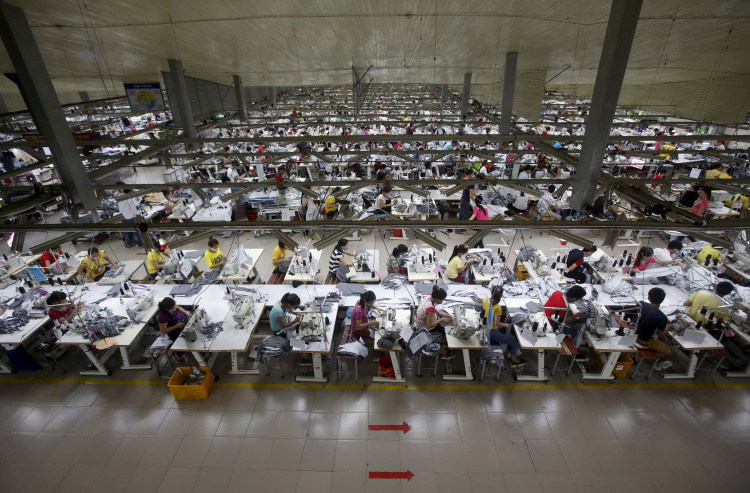Vietnam is welcoming Chinese investment in the country despite their disagreement in some political issues. Chinese investors, currently, purchasing property in Ho Chi Minh City, Vietnams financial center, and they are given the possibility to lease land for up to 99 years in three special economic zones in the country starting next year.
The possibility of Chinese investments started after a bill to open the economic zones was legislated which will start in 2019. The bill was canceled twice this year because of public protests. The on-going war between the United States and China pushes some of the investments in Vietnam since tariffs are not implemented on its products to the U.S. China's Belt and Road Initiative also increased the possibility of investments to Vietnam.
According to an analyst in Ho Chi Minh City, although some are wary of China politically, a lot of the Vietnamese will accept the Chinese investments if it helps their local market.
Trung Nguyen, international relations dean at Ho Chi Minh University of Social Sciences and Humanities, said that Vietnam needs to look at the investments from many angles. He added that the investments will be welcomed especially in real estate because it means the additional channel of financing into the market. The businesses are also expected to create jobs for the Vietnamese. He, however, fears that it may drive small business out of the market.
China and Vietnam are recently disputing over territories. In the 1970s, were in a border war. They also have an ongoing maritime sovereignty dispute in some parts of the South China Sea. In 2014, thousands of Vietnamese protested against a Chinese owned business following the intense maritime dispute.
China is the leading supplier of raw materials for export manufacturing and it contributed a lot to the Vietnamese economic growth of 6 to 7 per year. As part of the Belt to Roan Initiative, China wants to help Vietnam in its infrastructure projects. The $1 trillion initiative plans to open new trade channels around Eurasia.
China signed a development aid and construction contract with Vietnam that will construct an elevated commuter railway in Hanoi which will start to operate next year.
GoerTek, a Chinese firm that develops wireless earphones, expressed their interest in investing in Vietnam. They plan to locate their production in the country since it has cheap labor and because of its proximity.





